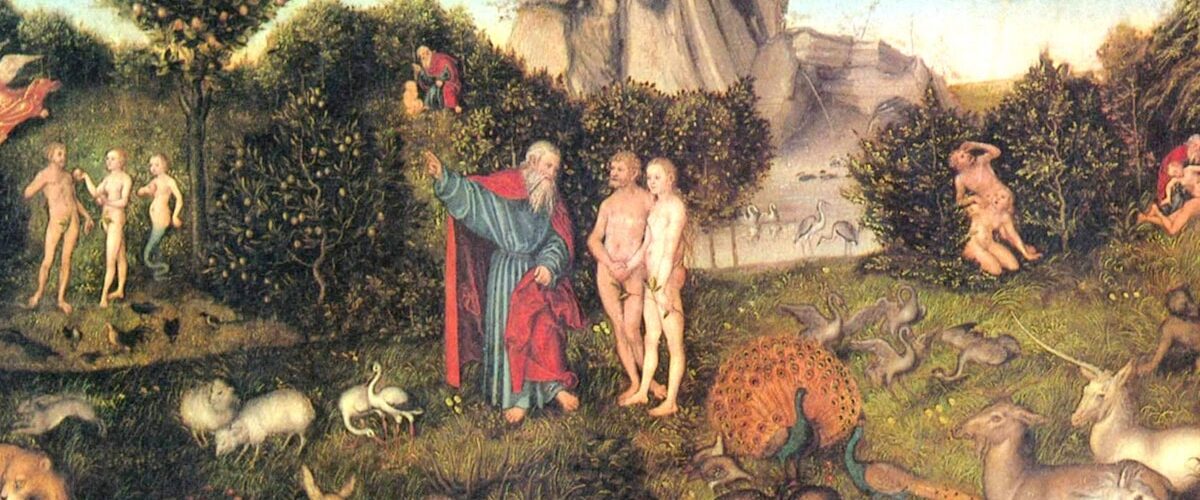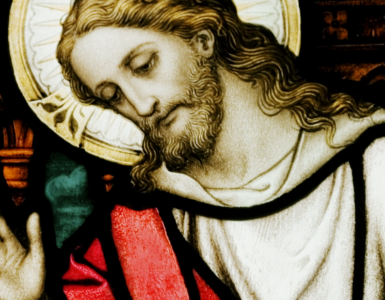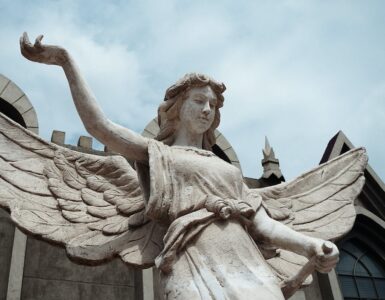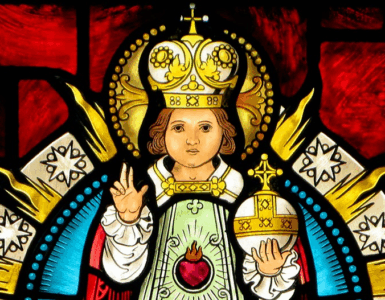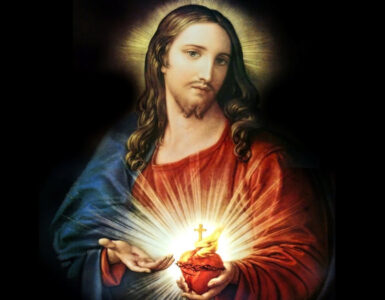An interesting thought that recently cropped into my mind and heart was that God sees. Reason would tell us that if God created us with eyes so that we can see how is it possible that he does not see?To erase such a theological fallacy concerning God’s nature, the Bible directly tells us that God sees. In this intriguing journey the Revised Standard Version translation of the Bible is of inestimable help for us. First he sees individual things. For some 10 times the Book of Genesis tells us that God saw as created things individually. And God saw that the light was good (Gen 1:4). Immediately after this act of seeing God performed an action, namely separating the light from the darkness (Gen 1:4). Then, the act of seeing can also mean a confirmation of God’s perfect working. In verse 10 of the same chapter we find: God called the dry land Earth, and the waters that were gathered together he called Seas (Gen 1:10). Hence, God saw that he was perfectly right in giving the names of earth and seas.
Verse 12 of chapter 1 of Genesis tells us that God did the best thing when he made the earth bring forth vegetation, plants yielding seed according to their own kinds, and trees bearing fruit in which is their seed, each according to its kind (Gen 1:12). Hence, God saw that it was good (Gen 1:12). The creation account also narrates that God made the two great lights, the greater light to rule the day, and the lesser light to rule the night; he made the stars also. And God made the two great lights, the greater light to rule the day, and the lesser light to rule the night; he made the stars also. And God set them in the firmament of the heavens to give light upon the earth, to rule over the day and over the night, and to separate the light from the darkness (Gen 1: 16-18). Upon creating the sun and the moon and the stars God acknowledged the perfection of his work. The author of Genesis expresses such a recognition by God with the following phrase: And God saw that it was good (Gen 1:18).
In verse 21 we even find the positive recognition by God who confirmed in the affirmative his creation of the great sea monsters and every living creature that moves, with which the waters swarm, according to their kinds, and every winged bird according to its kind (Gen 1:21). The goodness for such a creation is the following: And God saw that it was good (Gen 1:21). Coupled with it we can even put verse 25 which praises God for creating the beasts of the earth according to their kinds and the cattle according to their kinds, and everything that creeps upon the ground according to its kind. The credit the author gives to God is the following affirmation: And God saw that it was good (Gen 1:25).
Another time when God looks in the Book of Genesis is when he talks to the man he created in his own image, as male and female (Gen 1:27) and said:
Behold, I have given you every plant yielding seed which is upon the face of all the earth, and every tree with seed in its fruit; you shall have them for food. And to every beast of the earth, and to every bird of the air, and to everything that creeps on the earth, everything that has the breath of life, I have given every green plant for food.
Genesis 1:29-30
When all this totality of creation was completed the author of Genesis celebrated it with this subsequent phrase: And God saw everything that he had made, and behold, it was very good (Gen 1:31).
When the phrase God saw is mentioned for the eighth time, its context is not an affirmation or a celebration of creation but rather within the ambience of sin. The text tells us: When men began to multiply on the face of the ground, and daughters were born to them, the sons of God saw that the daughters of men were fair; and they took to wife such of them as they chose. Then the Lord said, “My spirit shall not abide in man for ever, for he is flesh, but his days shall be a hundred and twenty years” (Gen 6:1-3). Here the phrase God saw concerns more the idea of God as taking drastic measures to counter the evil that was occuring at the time. Chapter 6 of Genesis keeps harping on the wayward course of the earth. In verse 12 we encounter again a powerful phrase which is introduced with the same phrase God saw: And God saw the earth, and behold, it was corrupt; for all flesh had corrupted their way upon the earth (Gen 6:12).
The tenth and the last time the phrase God saw is mentioned in the Book of Genesis when Jacob lamented to Laban that he served him well and was treated fairly and God saw his affliction and rebuked Laban. Here, the God saw phrase tends to be aligned more to what we find in the Book of Exodus in chapter 3 where we have the calling of Moses. In fact, God said: I have seen the affliction of my people who are in Egypt, and have heard their cry because of their taskmasters; I know their sufferings and I have come down to deliver them out of the hand of the Egyptians (Gen 3:7-8). What a great overview of the phrase God saw in Genesis from an affirmation and confirmation of God’s marvel of creation to, practically God’s just rebuke at the face of evil.
God’s activity of seeing in the Bible goes on. This time we have the precious help of the English Standard Version translation of the Bible. God’s eyes are everywhere to monitor good and evil. The Book of Proverbs tells us: The eyes of the Lord are in every place, keeping watch on the evil and the good (Prov 15:3). The Letter to the Hebrews keeps hammering the claim that every creature is in God’s sight. It says: And no creature is hidden from his sight, but all are naked and exposed to the eyes of him to whom we must give account (Heb 4:13).
God’s complete look gives us everything under his sovereignty. The Book of Job tells us: For he looks to the ends of the earth and sees everything under the heavens (Job 28:24). Under his mighty and omnipresent gaze no one can flee. Jeremiah affirms: Can a man hide himself in secret places so that I cannot see him? declares the Lord. Do I not fill heaven and earth? declares the Lord (Jer 23:24). Psalm 139 is a celebration of God who sees everything. O Lord, you have searched me and known me! You know when I sit down and when I rise up; you discern my thoughts from afar. You search out my path and my lying down and are acquainted with all my ways. Even before a word is on my tongue, behold, O Lord, you know it altogether. You hem me in, behind and before, and lay your hand upon me. … (Ps 139:1-5).
The fact that God sees everything also means that He is our strength and salvation, much on the same lines of what God himself declares in Exodus 3. In the Book of Isaiah God assures us: Fear not, for I am with you; be not dismayed, for I am your God; I will strengthen you, I will help you, I will uphold you with my righteous right hand (Is 41:10). Whereas the Letter to the Romans puts this individual attention and care of God within his overall loving plan. It says: Oh, the depth of the riches and wisdom and knowledge of God! How unsearchable are his judgments and how inscrutable his ways! (Rom 11:33).
God’s deepest look is concerned with the innermost recesses of the heart of man. His look goes into the minutest of details, the inner spirit of the human person. Hence, in the First Book of Samuel we learn:
But the Lord said to Samuel, “Do not look on his appearance or on the height of his stature, because I have rejected him. For the Lord sees not as man sees: man looks on the outward appearance, but the Lord looks on the heart.”
1 Samuel 16:7
The Bible helps understand this important truth, namely that God sees and knows everything through his omniscient gaze. What fantastic good news to us who really need his mercy twenty-four seven!


